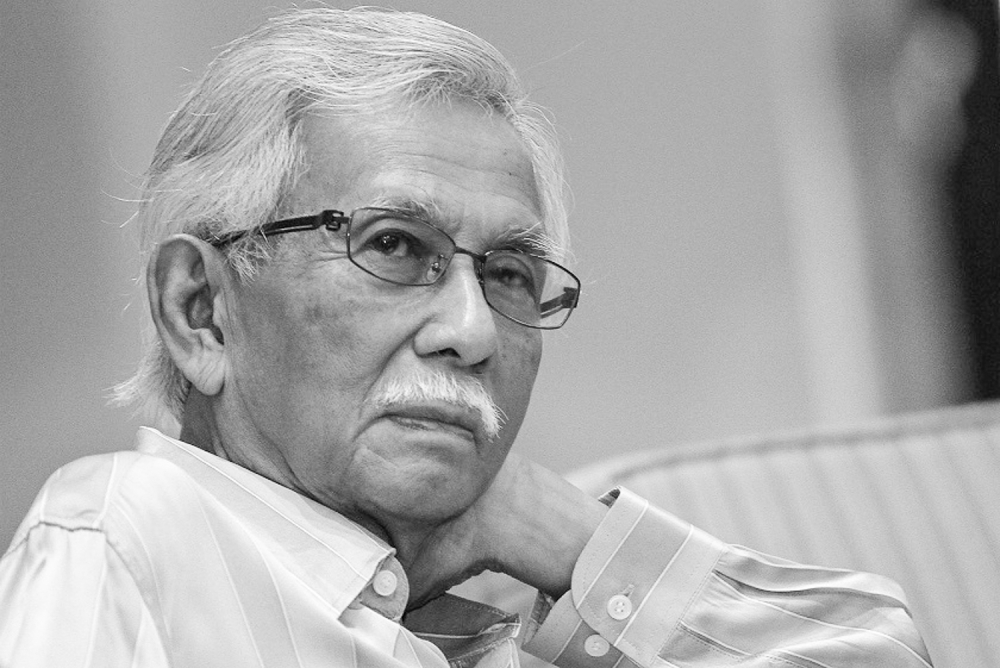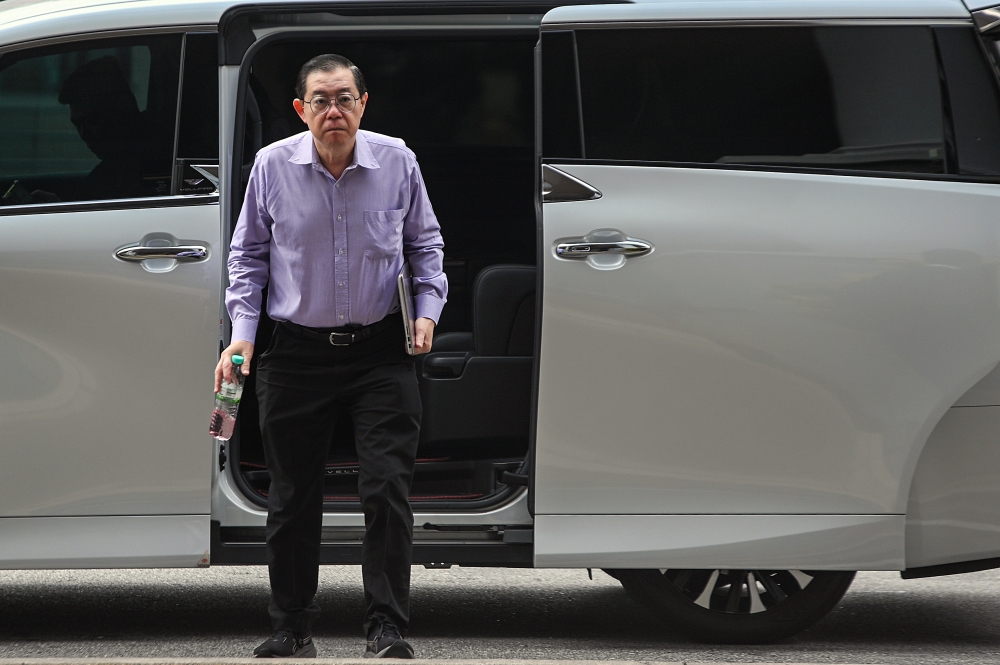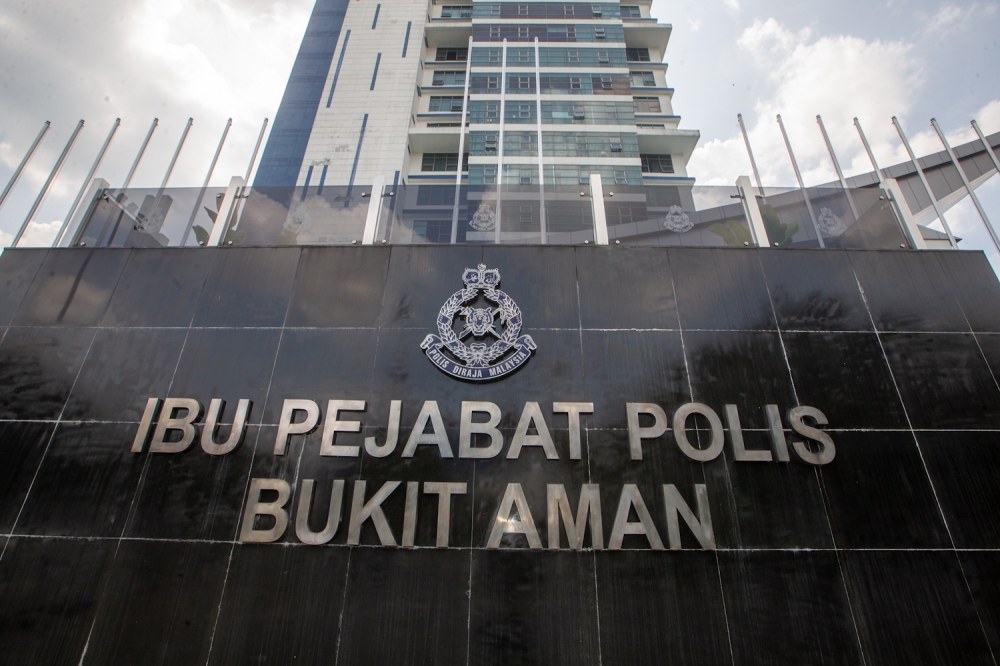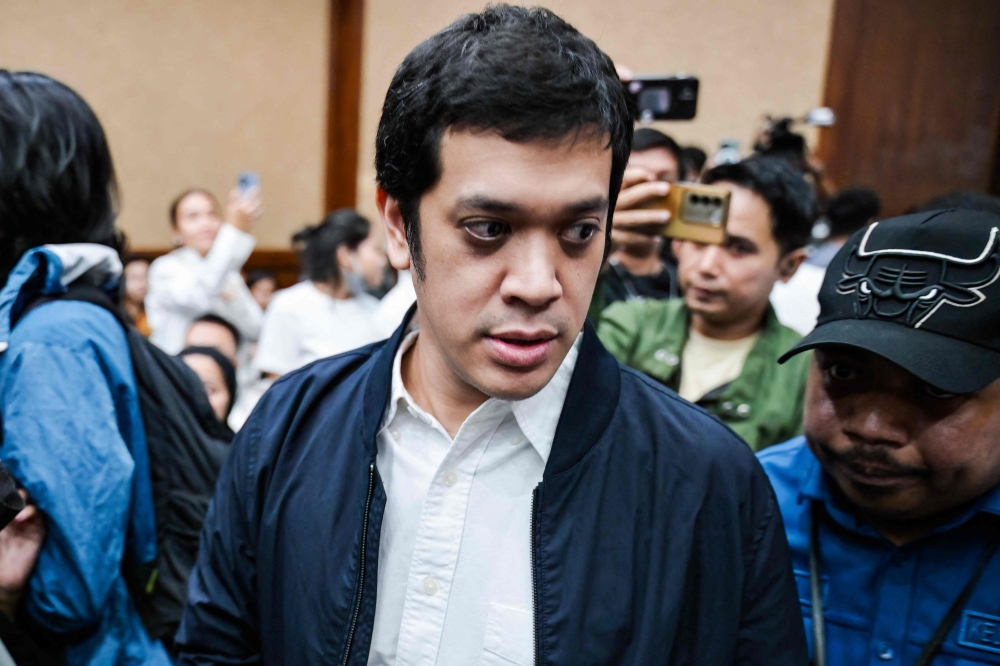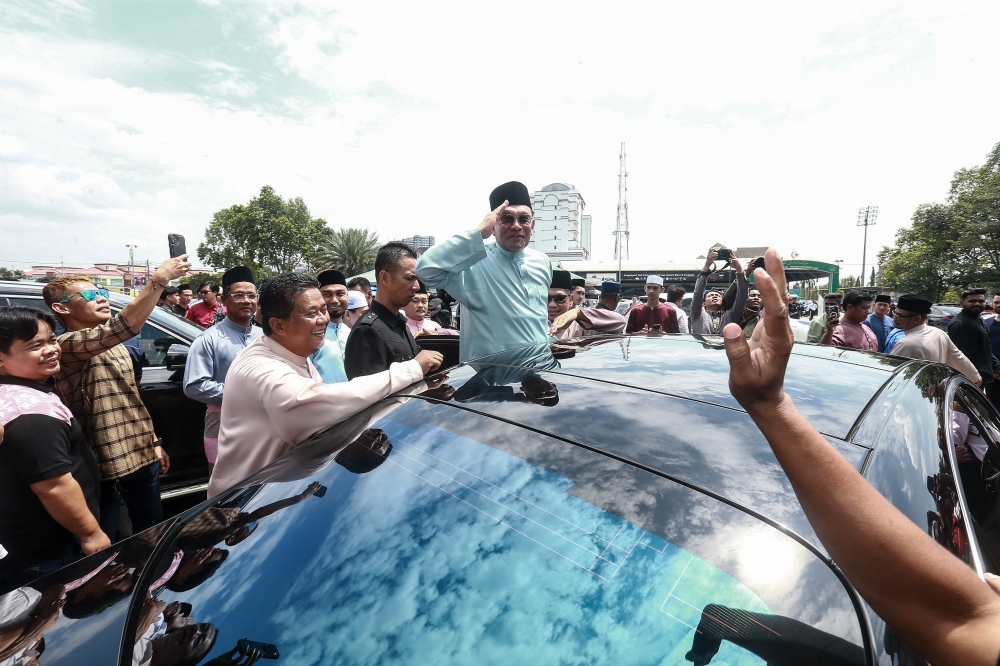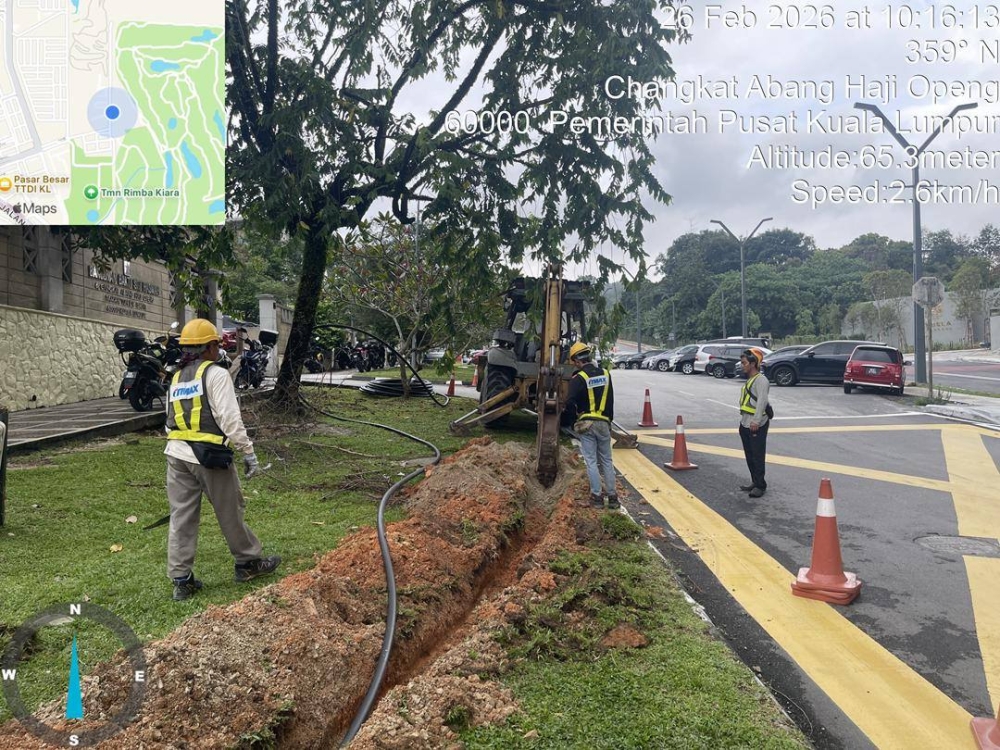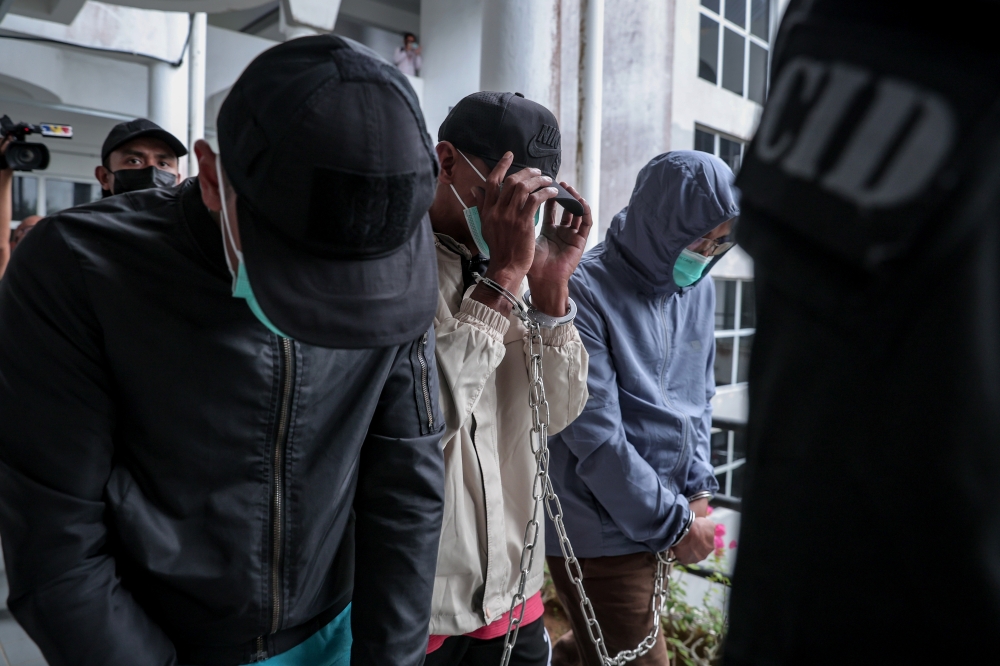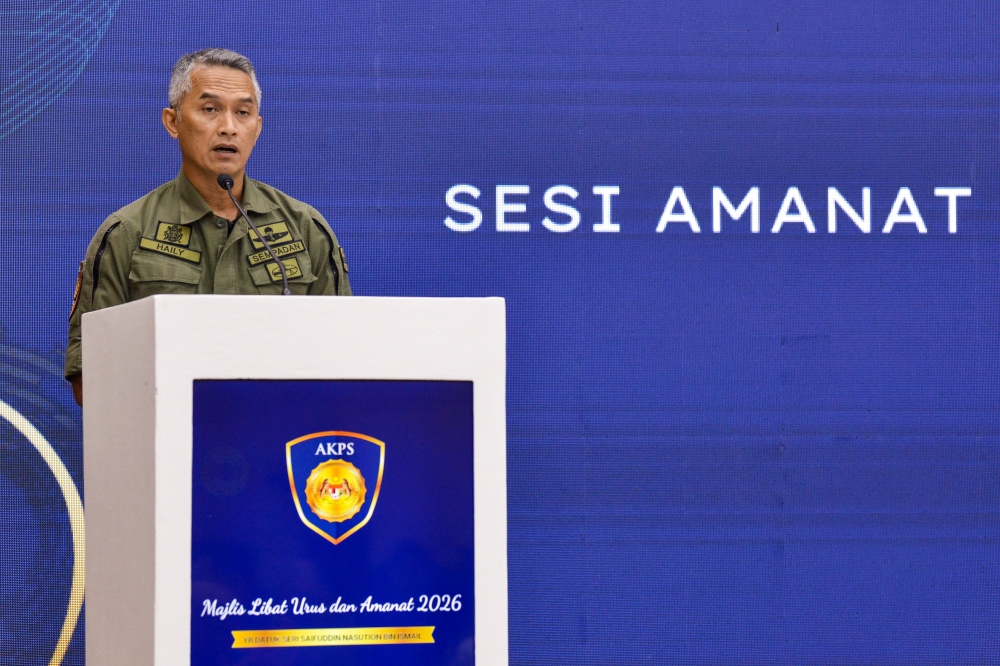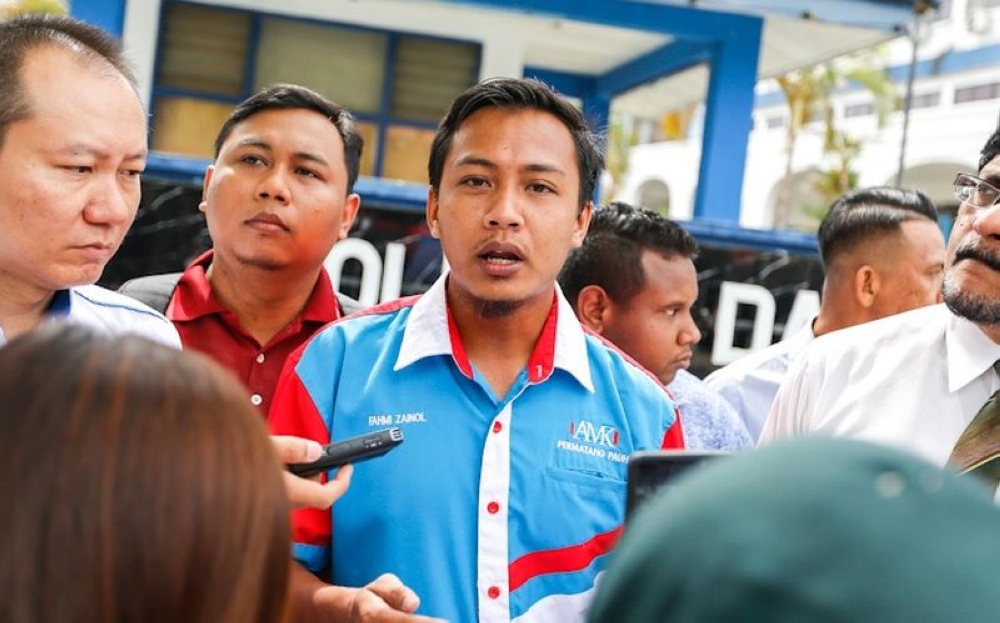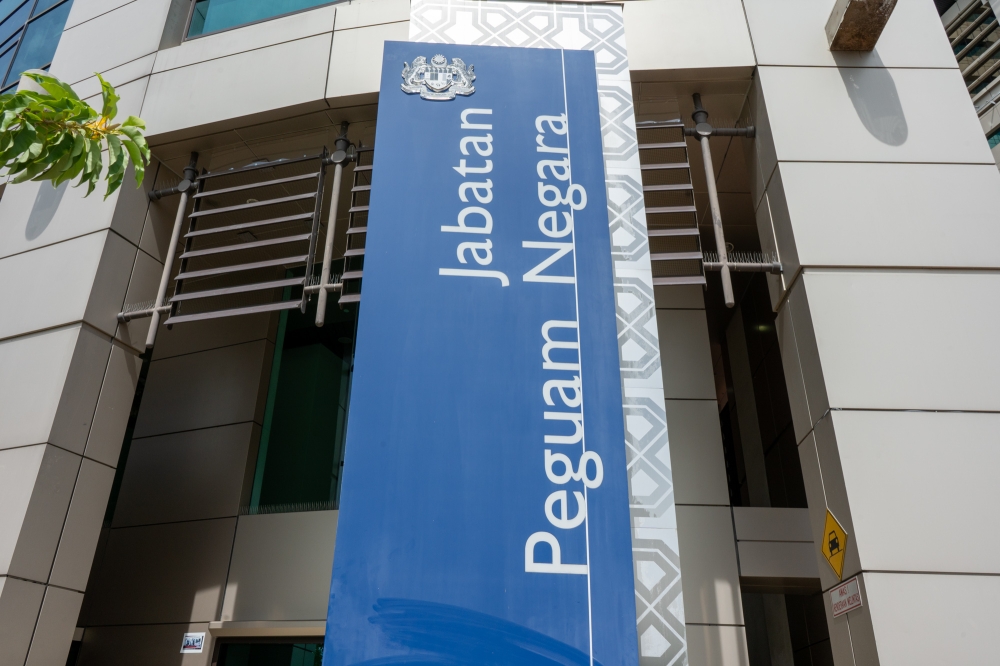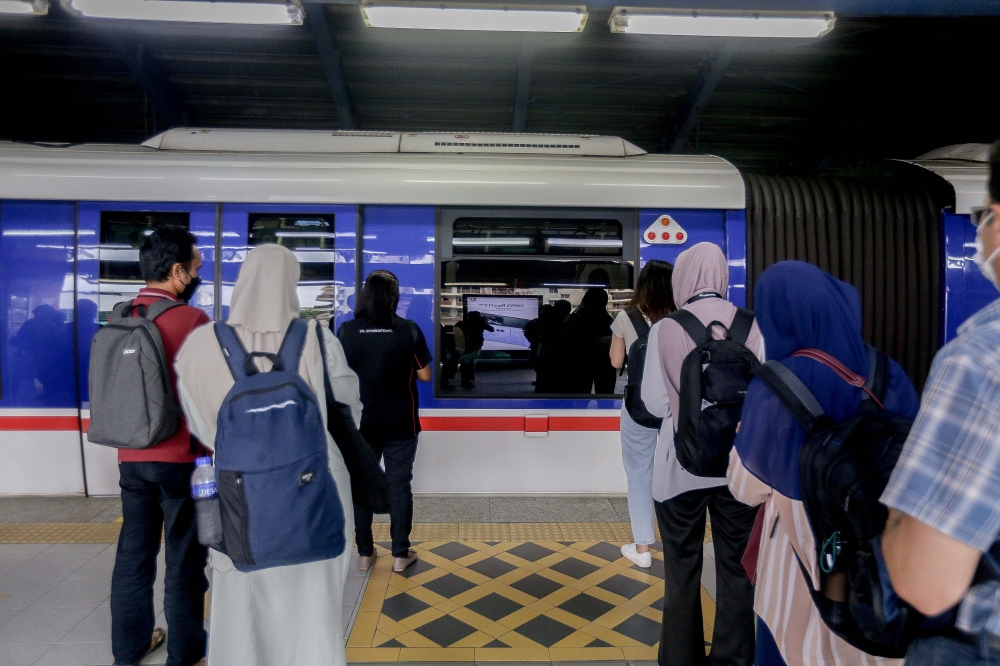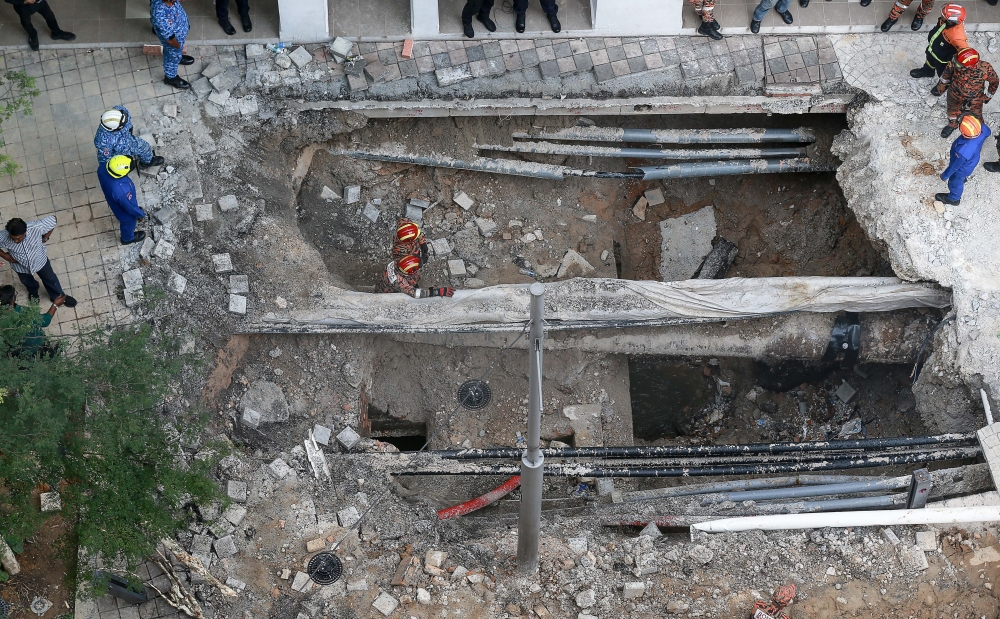KUALA LUMPUR, March 10 — Putrajaya could pay up to RM28 billion in subsidies for petrol, gas and diesel this year as the Russia-Ukraine war has disrupted supplies, pushing prices that are already elevated further up, Finance Minister Datuk Seri Tengku Zafrul Abdul Aziz said today.
Global brent prices have shown an uptrend since last year, reaching US$85 (RM357) a barrel in January 2022 from US$30 in the same period last year, causing subsidies to rise tenfold to RM2 billion that month, Tengku Zafrul told the Dewan Rakyat during Question Time.
Putrajaya could pay even more now as the Russian invasion of Ukraine has pushed global oil prices to US$100 a barrel or roughly RM420, the highest since 2014. The Malaysian government is already paying up to RM1.65 for every litre of RON95, Tengku Zafrul revealed.
“If the price continues to stay above US$100 a barrel, the amount we will be paying for subsidies will reach RM28 billion,” he said.
The total energy subsidies by Putrajaya for 2021 was RM11 billion.
The volatile movement in global oil prices could nudge Putrajaya to hasten its subsidy restructuring plan, something that has been in the pipeline for years.
Tengku Zafrul told Dewan Rakyat that the government is still looking into the best mechanism for targeted subsidies, noting that Putrajaya’s blanket subsidies appear to help high income earners more than those who actually need them the most.
Consumers are paying RM2.05 for every litre of RON95 petrol with the rest subsidised by the government. Market price for RON95 in March has reached RM3.70 per litre.
Meanwhile, domestic retail diesel price per litre is currently at RM2.15, over RM2 lower than the open market rate.
“The huge difference between what is paid at retail and market price creates a high risk for leakages because it encourages petrol products smuggling,” Tengku Zafrul said.
“The Malaysian government cannot borrow to fund operating expenditures like subsidy costs so it has to be balanced by increasing revenue and prudent spending,” he added.
“The current subsidy programmes make no distinction between rich and poor so it is the rich who will enjoy them more because their expenditure is higher. The government is now studying mechanisms to make subsidies more targeted.”



